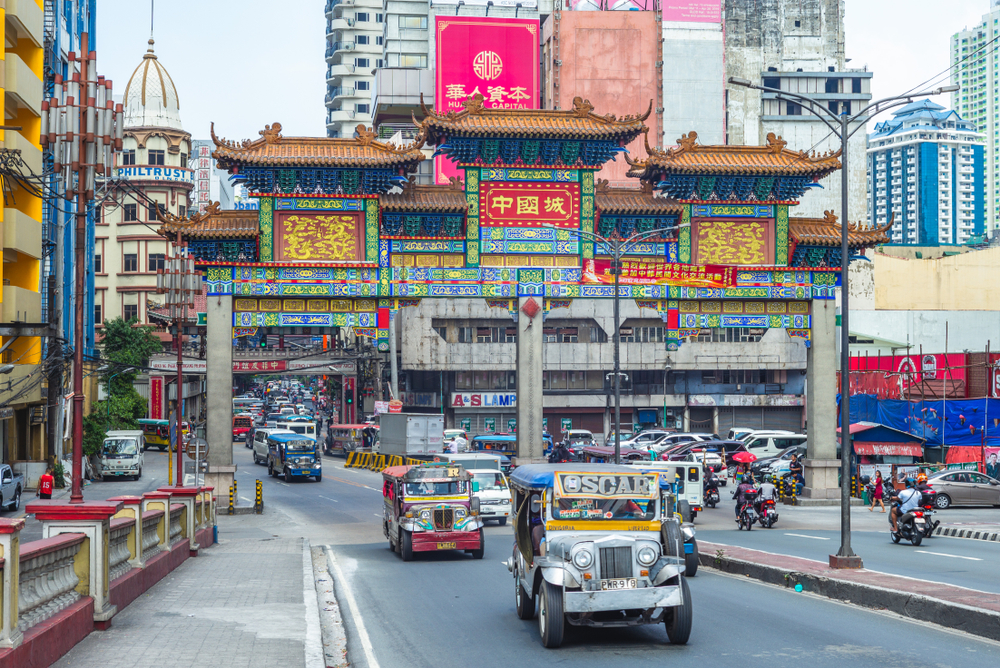Beijing slams Manila’s plans for Chinese gaming workers
Filipino authorities propose ‘self-contained’ communities for nationals from China

The Chinese government has rebuked Filipino gaming authorities’ plans to designate exclusive enclaves for workers of online casinos or Philippine offshore gaming operators (POGOs).
In a statement posted online by the Chinese embassy in the Philippines, Beijing expressed “grave concern” over Philippine Amusement and Gaming Corp. (PAGOR) vice president Jose Tria’s comments that Chinese POGO workers should reside in “self-contained communities.” Such a move, the embassy stated, infringes on basic legal rights of Chinese citizens.
Citing a spate of violence involving Chinese nationals, Tria had suggested last week that the communities be formed to let Filipinos “avoid interaction” with foreign workers. PAGCOR Chairperson Andrea Domingo has since clarified Tria’s comments: stating that “self-contained communities” only refer to urban hubs with “all the basic needs of the foreign employees of POGO.”
Over the last year, Chinese buyers have scoured properties in the Manila Bay Area where gaming firms and casinos are concentrated, as well as areas like Alabang, Ortigas, and Quezon City, according to Santos Knight Frank.
More: Chinese détente means more funds in the Philippines
“There are analysts who believe that part of the illegal gambling funds has flown into local real estate markets and other sectors in the Philippines,” the Chinese embassy’s statement read in part.
In the same statement, the Chinese embassy reminded operators that the establishment of gaming facilities in the Philippines is tantamount to illicit capital flight.
“Any form of gambling by Chinese citizens” is illegal, the Chinese embassy reiterated. This includes “online-gambling, gambling overseas, [and] opening casinos overseas to attract citizens of China as primary customers.
“In many cases, the employers of Philippine casinos, POGOs and other forms of gambling entities do not apply necessary legal work permits for their Chinese employees. Some Chinese citizens are even lured into and cheated to work illegally with only tourist visas,” the embassy added.
At one point, Beijing equated the illegal employment of Chinese citizens in the Philippines to “modern slavery.”
Recommended
Why everyone is moving to Selangor and Johor: Malaysia’s real estate comeback
Malaysia’s upturn in fortunes is especially prevalent in secondary destinations such as Selangor and Johor
Penang’s silicon boom: How the US-China tech war is supercharging local real estate
Penang’s booming semiconductor industry has created ripples within the local real estate sector
New leader, new opportunities: How Hun Manet is shaking up Cambodia’s real estate game
Hun Manet is overseeing decent economic growth and widening access to the country’s real estate market for foreigners
Singapore embraces inclusive housing reforms amid resilient demand
The Lion City’s regulatory strength continues to exert appeal for international investors








